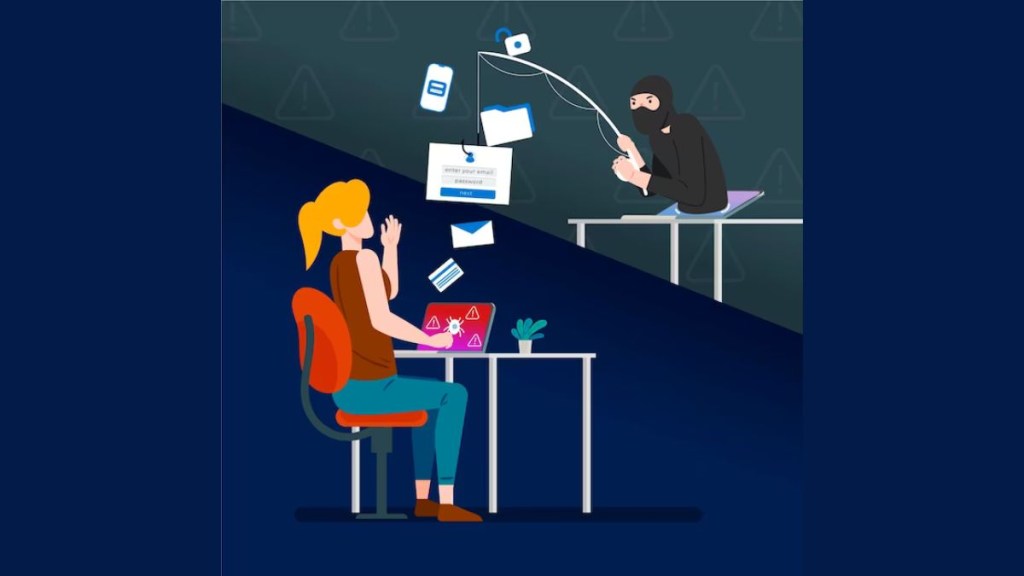The Central Consumer Protection Authority (CCPA) has released final guidelines aimed at preventing and regulating dark patterns on online platforms that deceive customers and manipulate their choices.
Dark patterns mean use of unfair practices by online platforms to mislead consumers, manipulating their decision-making through misleading advertisements, creating unnecessary fear among them to continue a subscription or product purchase, among other things.
The notification comes after the department of consumer affairs in September had released draft guidelines for the prevention and regulation of dark patterns after public consultation.
The final guidelines have identified 13 types of dark patterns, up from the 10 identified earlier as part of the draft. These include false urgency, basket sneaking, confirm shaming, forced action, subscription trap, interface interference, bait and switch, drip pricing, disguised advertisement, and nagging. The three new patterns identified in the final guidelines are trick question, SaaS (software as a service) billing and rogue malwares.
The guidelines are applicable on all platforms offering goods or services in India, advertisers and sellers. Resorting to dark patterns will amount to misleading advertisement or unfair trade practice or violation of consumer rights.
The penalty will be imposed as per the provisions of the Consumer Protection Act, according to a gazette notification issued by the CCPA on November 30.
False urgency means creating a sense of urgency or scarcity to mislead users into making an immediate purchase or take an immediate action. Similarly, basket sneaking means inclusion of additional paid items such as products, services, payments to charity/donation at the time of checkout from a platform, without user consent. Through confirm shaming practice, platforms use a phrase, video, audio or any other means to create a sense of fear or shame or ridicule or guilt in the mind of the user.
Similarly, practices like forcing consumer actions to buy unrelated products, indulging them into subscription trap by making it difficult to log out of subscriptions, unnecessary ask about payment details for giving free subscription, interfering in the user interface by hiding important information, misleading advertisements about products, are some of the dark patterns specified by the government.
Trick question means the deliberate use of confusing or vague language like confusing wording, double negatives, or other similar tricks. Through Saas billing, platforms exploit consumers by way of providing trial subscriptions. The platforms take consumers’ details for recurring subscriptions and do not send them a notification when their free trial period gets converted into a paid one. Rogue malwares means using ransomware or scareware to mislead users into believing there is a virus on their computer and aims to convince them to pay for a fake malware removal tool.
The Central Consumer Protection Authority, under the department of consumer affairs, will keep on specifying other dark patterns from time to time.
In June, consumer affairs secretary Rohit Kumar Singh had written to e-commerce firms and consumer associations, and said “It is essential that online platforms do not indulge in unfair trade practices by incorporating dark patterns in their online interface to manipulate consumer choice and violate consumer rights, as enshrined under Section 2(9) of the Act (Consumer Protection Act, 2019).”
For the guidelines, the government held consultations with the industry and e-commerce platforms including Advertising Standards Council of India (ASCI), law firms, etc. It also created a task force consisting of representatives from industry associations, ASCI, e-commerce platforms including Google, Flipkart, Reliance Industries, Amazon, Go-MMT, Swiggy, Zomato, Ola, Tata CLiQ, Facebook, Meta, Ship Rocket, etc.

